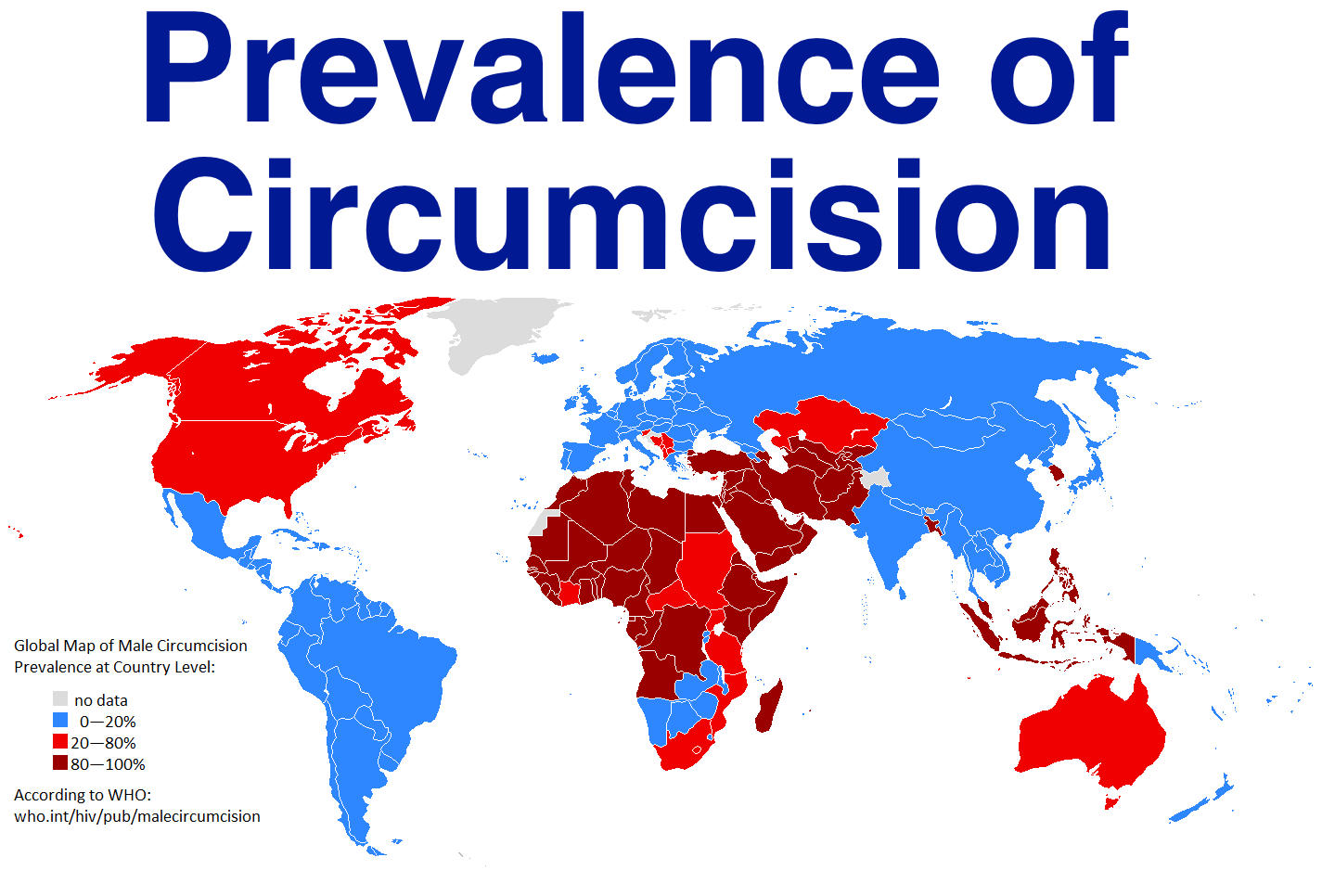Indonesian women among 200m suffering genital mutilation, says UNICEF report
(From AP)
At least 200 million girls and women in 30 countries are estimated to
have undergone female circumcision, half of them in Egypt, Ethiopia and
Indonesia, the UN children’s agency said in a report released Thursday
night.
The UNICEF statistical report said the global figure includes nearly 70
million more girls and women than it estimated in 2014. It said this is
due to population growth in some countries and new data from Indonesia.
The UN General Assembly unanimously approved a resolution in December
2012 calling for a global ban on female genital mutilation, a
centuries-old practice stemming from the belief that circumcising girls
controls women’s sexuality and enhances fertility. One of the targets in
the new U.N. goals adopted last September calls for the practice to be
eliminated by 2030.
UNICEF statistical expert Claudia Cappa, lead author of the report,
said the estimate of 200 million circumcisions comes from household
surveys on the prevalence of female genital mutilation, and statistical
modeling.
The 30 countries, mainly in Africa, the Middle East and Asia, “have large-scale representative data,” she said.
Cappa said the practice exists in other countries not in the study,
where large-scale data was not available, like India, Malaysia, Oman,
Saudi Arabia, the United Arab Emirates, as well as in pockets in
Australia, North America and Europe where immigrants from countries with
a large number of female circumcisions live.
____________________________________
Oddly, or maybe not so oddly, we seldom hear anything about the barbaric and common practice of MALE circumcision.

Using these assumptions, we estimate that approximately 30% of the world’s males aged 15 years or
older are circumcised (Table 2). Of these, around
two thirds (69%) are Muslim (living mainly in Asia,
the Middle East and North Africa), 0.8% are Jewish,
and 13% are non-Muslim and non-Jewish men living
in the United States of America.
This method is likely to underestimate the true prev-
alence of male circumcision, as we have excluded
circumcision among non-Muslim and non-Jewish
men in heavily populated countries such as Brazil,
China, India and Japan where a small proportion of
men are also circumcised, for medical, cultural or
social reasons. If we assume that 5% of men aged
15 years or above who are not included in the coun-
tries or religions above are circumcised, then our
estimate rises to 33%.
World Health Organization
It's wrong to take a knife to the vagina of little girls but just fine to chop off the foreskin of little boys.





